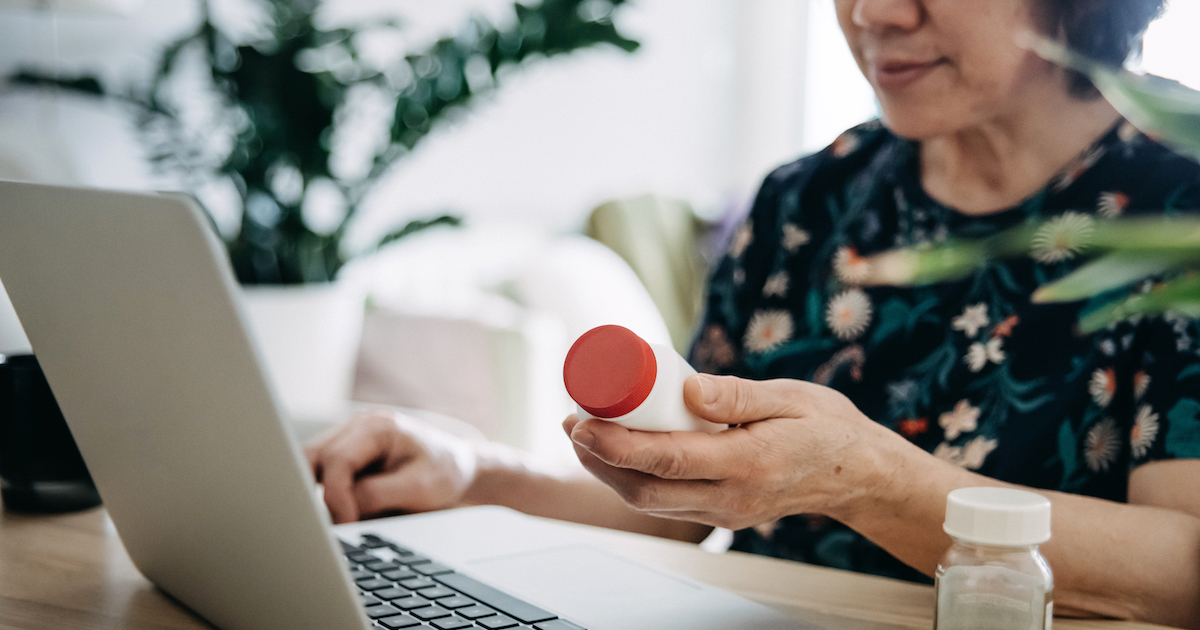 Samsung and Medtronic are once again teaming up, this time to build mobile tools for patients using neuromodulation therapy, a treatment used in a number of chronic conditions including chronic pain, movement disorders, and incontinence.
Samsung and Medtronic are once again teaming up, this time to build mobile tools for patients using neuromodulation therapy, a treatment used in a number of chronic conditions including chronic pain, movement disorders, and incontinence.
The two companies partnered in June on diabetes around the same time Medtronic received FDA clearance for its MiniMed Connect device that connects Medtronic CGMs and insulin pumps to patients' smartphones. That partnership will start with MiniMed -- the two companies are developing a special application that is optimized for Samsung devices -- but is broad-reaching in scope. At the time, the companies said they would work together to "develop a range of future solutions that will enhance the way people with diabetes live their lives, from remotely viewing diabetes data to ultimately integrating mobile and wearable devices into diabetes management systems."
"Similar to what we described for the diabetes partnership, Samsung provides an opportunity for us to leverage the fact that we've got a broad portfolio of consumer technology devices that people use every day," Dave Rhew, Chief Medical Officer and Head of Healthcare and Fitness for Samsung Electronics America, told MobiHealthNews. "Let’s start with the smartphone as an example, but you can extend that to tablets, wearables, a variety of other things and as part of that process we want to be able to improve the user experience for individuals with implantable neurological devices."
Though the details are still mostly undisclosed, Samsung and Medtronic will rely on Samsung's consumer electronics expertise to create user-friendly and secure interfaces for Medtronic's neuromodulation devices on consumers' and physicians' mobile devices. The goal is to deliver near real-time health data to physicians and patients to improve how they manage therapy, track symptoms and view data received from Medtronic devices.
"Our belief is that in order to improve outcomes, which is what we are trying to do, you need to focus on the patient experience, the consumer experience, the physician experience," Rhew said. "And in order to do this you have to make these solutions seamless, part of one’s lifestyle."
There's no definite timetable for when the companies will announce more about their partnership or when these products will become available, Rhew said. Among other things, they need to take these systems through regulatory channels.
"Our goal is to bring this out as quickly as possible but at the same time ensure that it works well and it goes through the appropriate approval," he said. "So, no dates to share, but I can just tell you we’re working very hard to get something out so we can provide some immediate value to patients with these conditions."


